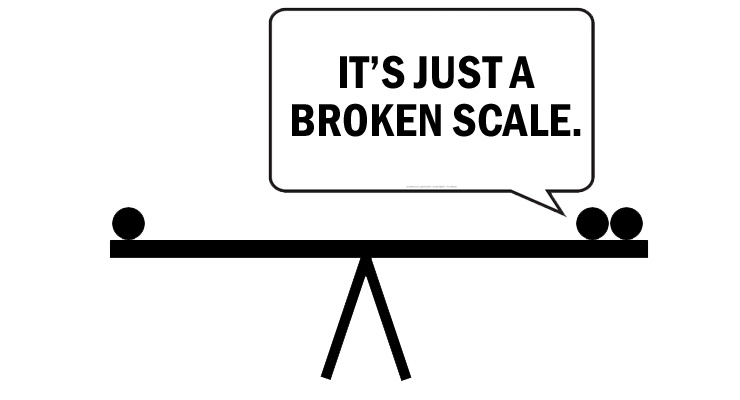 This article by Ned Foley is published by Electionlaw Blog. Here is an excerpt:
This article by Ned Foley is published by Electionlaw Blog. Here is an excerpt:
I also wonder whether the effort to pursue the National Popular Vote Interstate Compact by means of a ballot initiative, as in Michigan, may embolden a counter-effort by state legislatures to pursue the Maine/Nebraska method. “If you can try to change the Electoral College your way, we can try to change it our way, and our way at least has the advantage of being entirely permissible as Maine and Nebraska already show.” Maybe the politics of Electoral College reform will run in the opposite direction: fear of spurring the NPV compact efforts might cause state legislatures to exercise restraint in moving to the Maine/Nebraska method, which they otherwise would be enticed to do?
(By the way, I believe it would be possible for the Michigan legislature in 2023, assuming Republicans win the gubernatorial election there, to adopt the Maine/Nebraska method, even if the NPV compact initiative passes next November; because the compact taking effect is contingent on the compact reaching 270, the Maine/Nebraska method rather than current winner-take-all method could be the new status quo in the state unless and until the compact becomes operational. The same point, presumably, would be true if Maine were to adopt the compact; its existing system would stay in place as long as the compact remains below the 270 threshold.)
I will leave it to others to weigh in with any political prognostications on this issue. I simply wish to note here that the green-lighting of the Michigan signature-gathering effort signals, at least to me, that we might see considerable maneuvers to change state laws for participating in the Electoral College system over the next couple of years.
Continue reading here.
Leave a Reply